|
https://mailchi.mp/5afdadbfc46a/february-newsletter
0 Comments
Geographies of Kinship, as part of California Film Institute’s community screening series, exposes the history of adoptees affected by war, money, and political as well as societal climates from the 1950s after the Korean War. Four adult adoptees recovering their personal histories when they returned to their birth country, Korea, sheds light on the consequences of war, money, problematic policies, and socio-cultural practices on adoptees whose sense of self, belonging, dignity, and purpose were something they had to struggle to gain.
The four protagonists have become advocates for birth family and adoptee rights, support for single mothers, and historical reckoning. Director Deanne Borsay Liem, who was available for Q&A after the screening, drew a connection between the history of Korean adoption and the division of the Korean peninsula where families are forced to sever ties. This documentary draws comparisons between the traumas faced by Palestinian refugees and those endured by victims of the Fukushima nuclear disaster. It highlights how the loss of home and neighborhood yields the loss of family and community ties, which ultimately caused the sense of losing one’s identity and dignity. This film clearly shows that no tragedy is isolated and that tragedy affects all of us. While the crimes and victims are seen, the responsible party refuses accountability in the crime. Without a party being held accountable for these man-made traumas, the victims are often forgotten. To prevent this cycle from perpetuating, Director Doi makes documentaries recording their memories. He said, “A documentary is a mirror.” It can help people reflect on their experiences and themselves, and then move forward.
Director Toshikuni Doi is a journalist who visualizes the voices of marginalized populations including Palestinian refugees, Korean victims of Japanese imperialism, and Fukushima nuclear victims. This documentary narrates the Civil Rights movement carried out by young Asians in the 1960s in Chinatown through the voices of the activists, now in their 70s. The student activists came from various walks of life, and they fought against discrimination by joining their voices with other minority groups including the Black Panthers and Filipinos. Together, they founded the Ethnic Studies department at SFSU, the first U.S. college department dedicated to ethnic studies, secured equal educational opportunities and access for all students (Lau v. Nichols), and won housing for seniors. The struggle they endured, and still persists for many people today, reminds us all that we stand on their shoulders.
The activists who came to the screening include: Directors Harry & Josh Chuck Chris Chow, the first Asian American news reporter in Northern California Lucinda Lee Katz, the teacher who listened to Kinny Lau when he asked for classroom instruction in Chinese. Lucinda helped Kinny and other students file a class action suit against Alan H. Nichols, the president of SFUSD at the time, hence Lau v. Nichols. They demanded the equal educational opportunity that they were entitled to. The Supreme Court issued its unanimous ruling in favor of Lau in 1974. Upcoming screening events: Sat, Feb 29, 10:15AM - Los Angeles CA Sat, Feb 29, 7PM - Santa Ana, CA Sat, Mar 7, 11AM - Seattle, WA chinatownrising.com/screenings Director Miki Dezaki brought Shusenjo, the Main Battle Ground, to UC Berkeley, Stanford, and UC Santa Cruz.
The film exposes the position of Japanese revisionists who deny that “comfort women” were sex slaves and recruited against their will. Their arguments are juxtaposed with the voices of the victims of Japanese military sexual slavery and their supporters. We see that as the main battle ground intensifies to distort and erase the history and issues of “comfort women,” the more people gain awareness of the history, and therefore intensify momentum to bring justice to these victims. By chronicling the growing awareness on the issues of Japanese military sexual slavery, Shusenjo helps promote peace and restorative justice. |
CategoriesCategories |
Proudly powered by Weebly

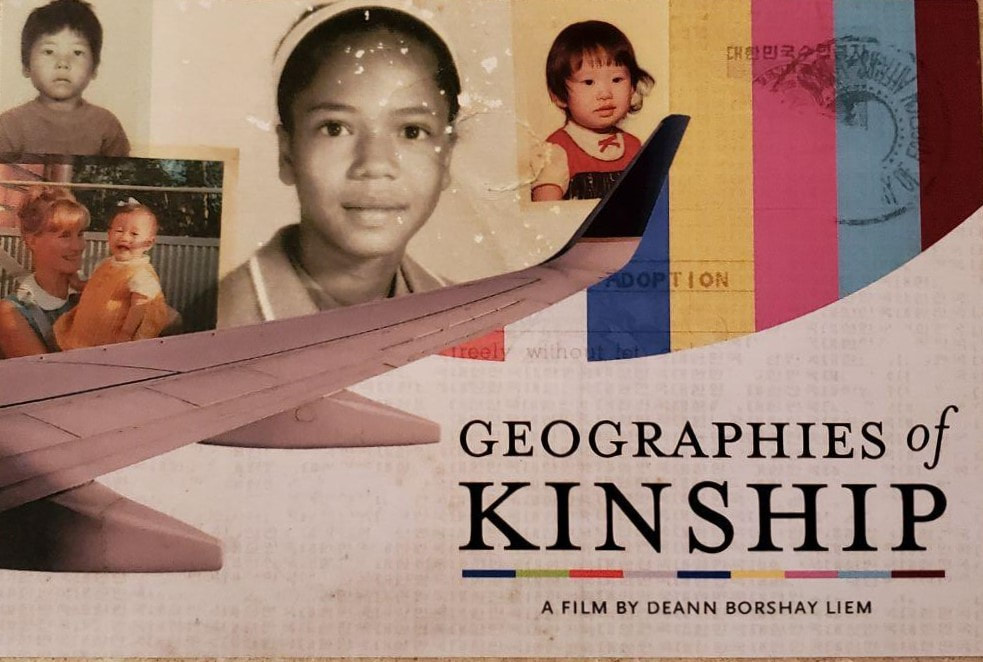
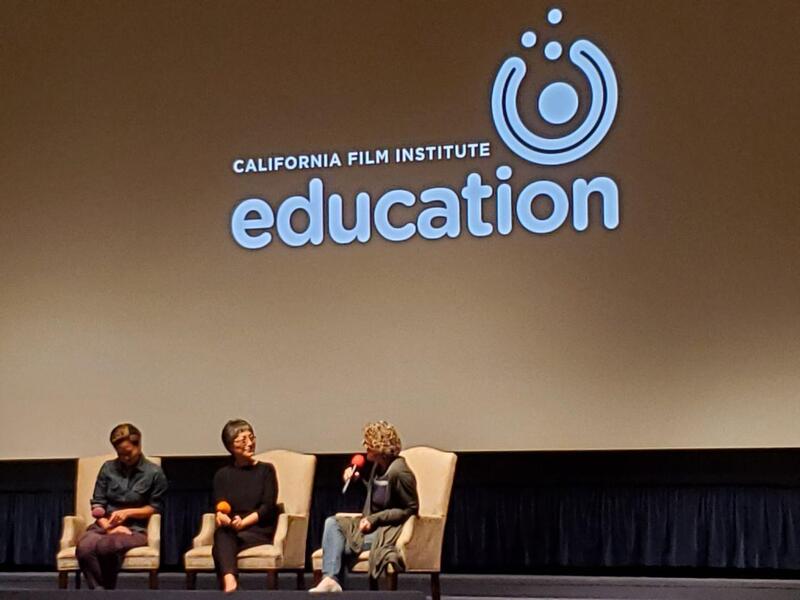
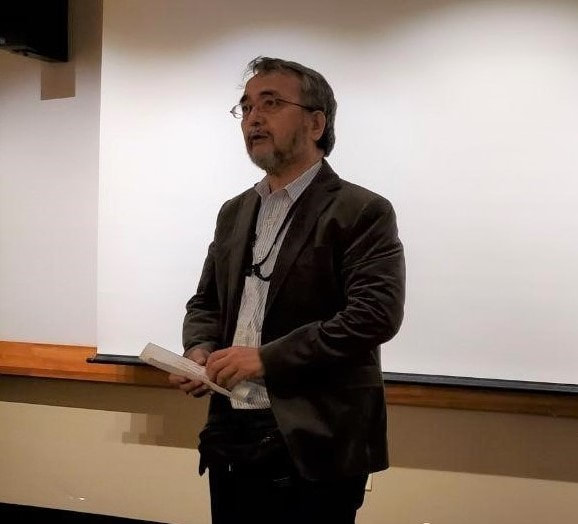
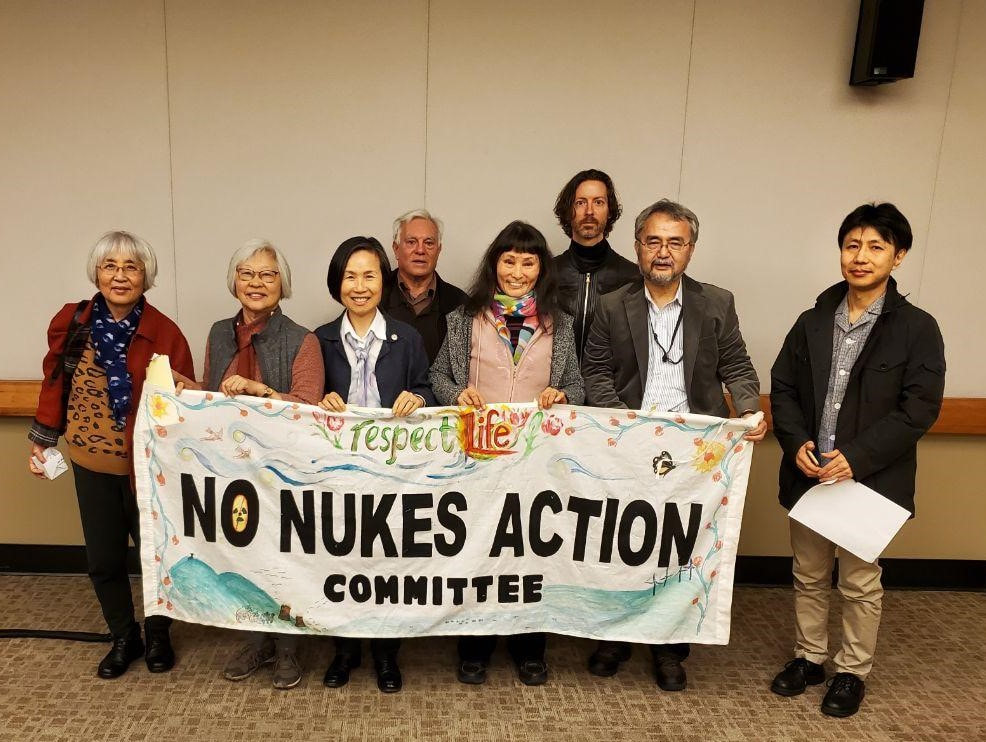
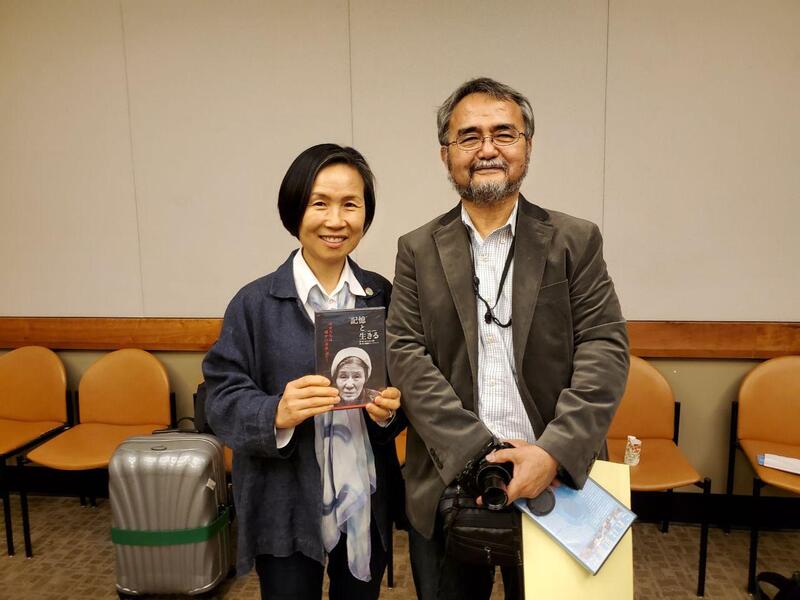
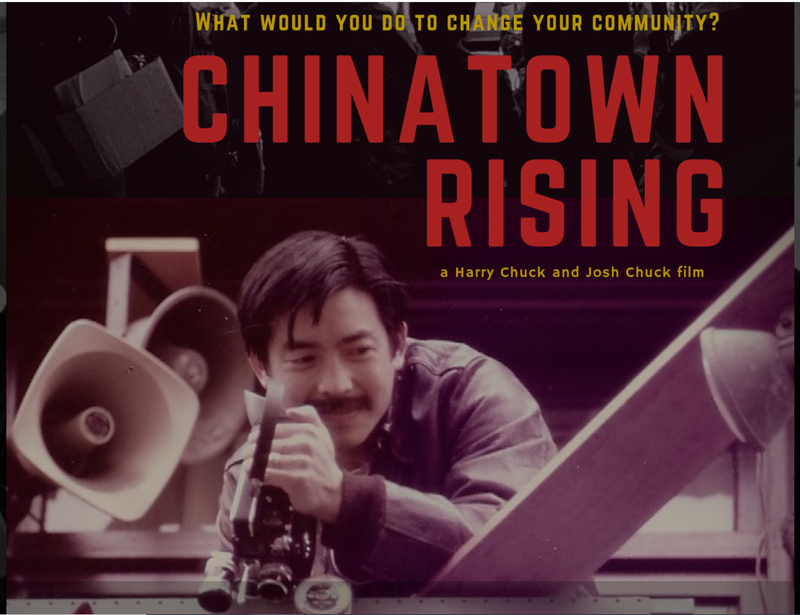
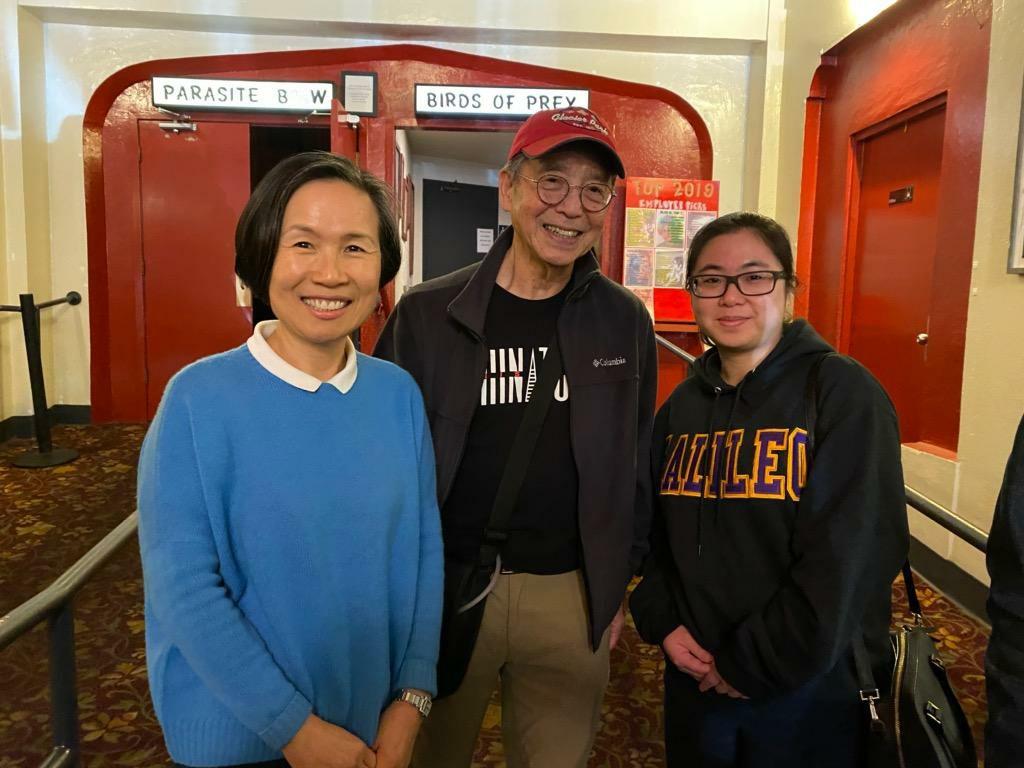
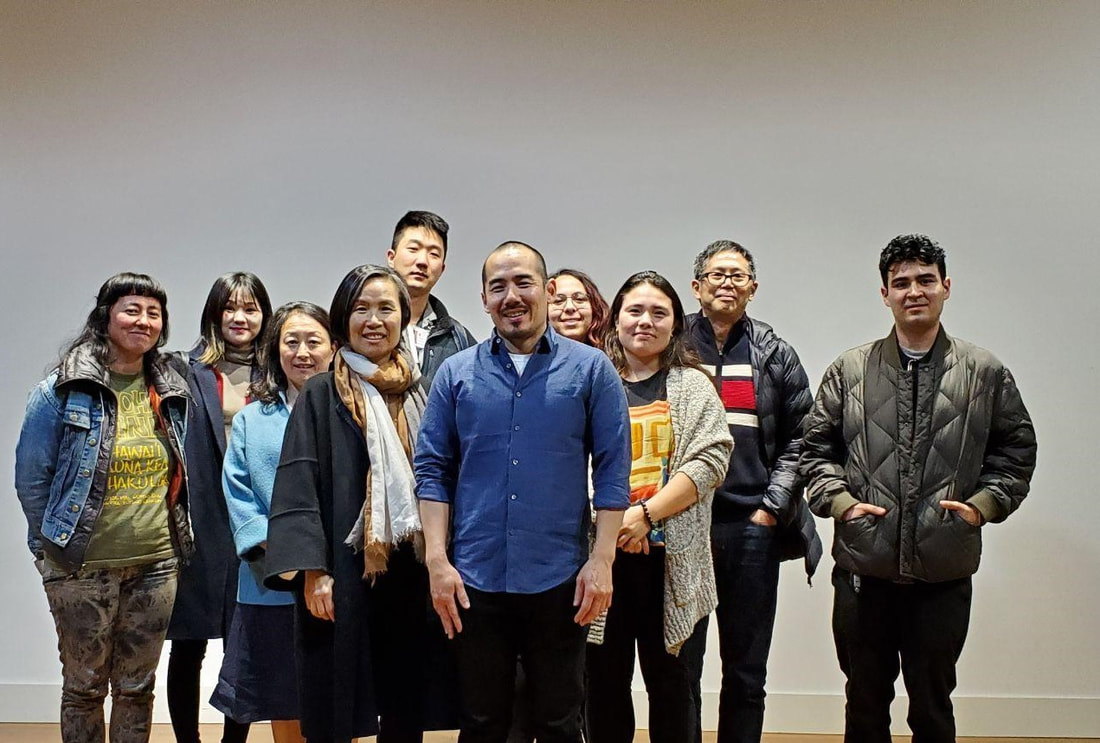
 RSS Feed
RSS Feed